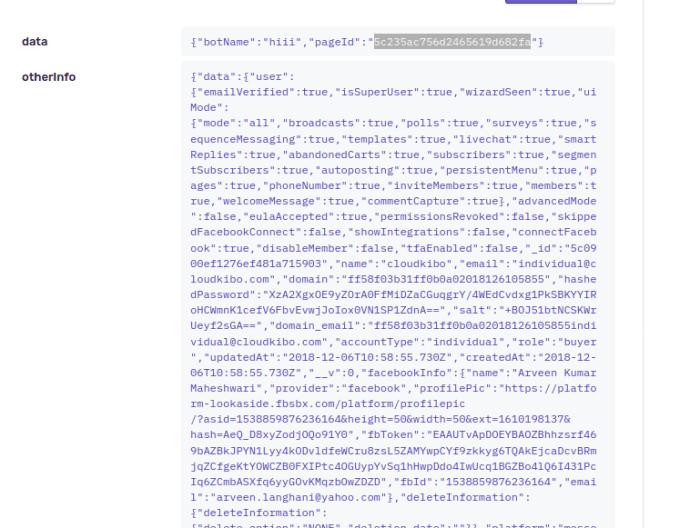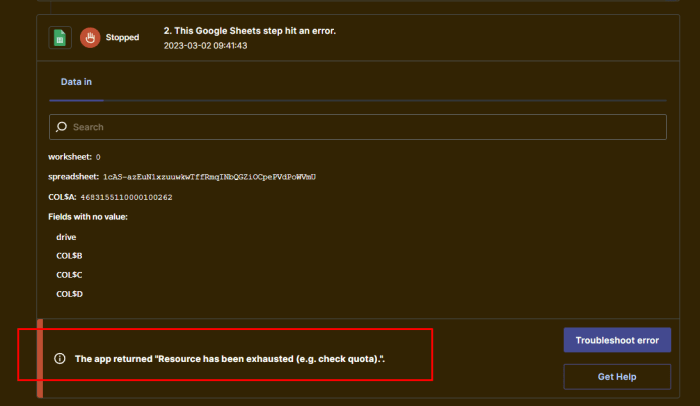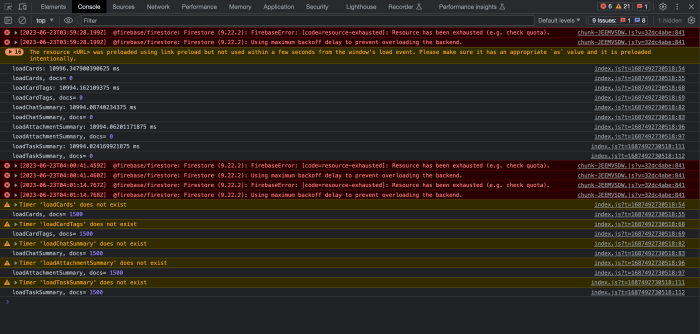The coffee shop business with food truck concept is a dynamic fusion that offers a unique and captivating experience. This innovative approach combines the cozy ambiance of a coffee shop with the mobile convenience of a food truck, creating a versatile and profitable venture.
By seamlessly merging these two elements, coffee shop businesses can expand their reach, cater to a broader customer base, and enhance their overall revenue potential. With a well-crafted menu, strategic marketing, and exceptional customer service, this business model presents an exciting opportunity for entrepreneurs seeking to make their mark in the food and beverage industry.
Business Concept
A coffee shop business that incorporates a food truck is a unique and innovative concept that combines the convenience and popularity of a coffee shop with the mobility and flexibility of a food truck. This hybrid business model offers several advantages and presents certain challenges.
Benefits
- Expanded customer base:By combining a coffee shop with a food truck, businesses can reach a wider range of customers who may not frequent traditional coffee shops or food trucks alone.
- Increased revenue streams:Offering both coffee and food items allows businesses to generate revenue from multiple sources, increasing their overall profitability.
- Enhanced brand visibility:The food truck can serve as a mobile marketing tool, promoting the coffee shop and attracting new customers.
- Operational flexibility:The food truck provides businesses with the flexibility to operate in different locations and adapt to changing market demands.
Challenges, Coffee shop business with food truck
- Increased operational costs:Running both a coffee shop and a food truck can involve significant expenses, including rent, utilities, equipment, and staff.
- Coordination challenges:Coordinating operations between the coffee shop and the food truck can be complex, requiring efficient communication and management.
- Limited space:Food trucks typically have limited space, which can restrict the variety of food items offered and the number of customers that can be accommodated.
- Weather constraints:Food trucks are subject to weather conditions, which can impact their ability to operate and generate revenue.
Target Audience

The target audience for a coffee shop business with a food truck encompasses individuals who seek a convenient and flavorful culinary experience. These customers are typically on the go and appreciate the accessibility and variety offered by a mobile food and beverage concept.
To further analyze the target audience, we can delve into their demographics, psychographics, and lifestyle factors.
Demographics
- Age: Young adults to middle-aged professionals (18-45 years)
- Location: Urban and suburban areas with high foot traffic
- Income: Middle to high-income earners
- Education: College graduates and above
Psychographics
- Values: Convenience, quality, and variety
- Lifestyle: Busy, active, and social
- Interests: Food, coffee, and trying new flavors
Lifestyle Factors
- Commuting: Individuals who rely on public transportation or drive to work
- Work-life balance: Those seeking a quick and satisfying meal during breaks
- Social gatherings: Friends and colleagues meeting for coffee and snacks
Financial Planning
A well-structured financial plan is crucial for any business venture. For our coffee shop and food truck, we need to carefully consider the startup costs, operating expenses, and revenue projections to ensure financial stability and profitability.
The startup costs include expenses related to equipment, supplies, rent, and permits. We will need to invest in high-quality coffee machines, a fully equipped food truck, and necessary supplies such as beans, syrups, and food ingredients. Additionally, we will need to secure a suitable location for the coffee shop and obtain the necessary permits and licenses for both the shop and the food truck.
Operating Expenses
Operating expenses are ongoing costs associated with running the business. These include rent, utilities, insurance, employee salaries, and marketing expenses. Rent and utilities will be significant expenses, and we need to negotiate favorable terms with the landlord. We will also need to ensure adequate insurance coverage to protect our assets and liabilities.
Employee salaries will depend on the number of staff required and their experience level. Marketing expenses are essential for promoting our business and attracting customers.
For coffee shop businesses that have expanded with food trucks, managing operations can be a challenge. ERP (Enterprise Resource Planning) and CRM (Customer Relationship Management) systems can help streamline processes and improve customer experiences. Check out ERP vs. CRM: A Comprehensive Guide to Unraveling the Key Differences to understand how these systems can enhance your coffee shop business with food truck operations.
Revenue Projections
Revenue projections are estimates of the income we expect to generate from the sale of coffee, food, and other products. We need to conduct thorough market research to determine the demand for our offerings and set realistic sales targets. Factors to consider include the size of the target market, competition, and pricing strategy.
By analyzing historical data, industry trends, and customer feedback, we can develop revenue projections that are both optimistic and achievable.
Profitability and Return on Investment
Profitability is determined by subtracting operating expenses from revenue. We aim to achieve a healthy profit margin that allows us to cover expenses, reinvest in the business, and generate a reasonable return on investment. Return on investment (ROI) measures the financial return generated in relation to the initial investment.
By calculating ROI, we can assess the effectiveness of our financial plan and make informed decisions about future investments.
Site Selection and Design
Choosing the right location for your coffee shop and food truck is crucial for success. Consider factors such as foot traffic, visibility, and accessibility. The physical spaces should be designed to enhance customer experience, with comfortable seating, efficient layouts, and inviting ambiance.
Coffee Shop Location
- High-traffic areas with good visibility, such as busy streets or shopping centers.
- Proximity to potential customers, such as office buildings, schools, or residential areas.
- Accessibility by foot, car, and public transportation.
Food Truck Location
- Popular food truck parks or events with a loyal customer base.
- Areas with high foot traffic, such as festivals, markets, or college campuses.
- Locations that complement the food truck’s menu, such as near parks for picnic lunches.
Physical Space Design
The coffee shop should offer a welcoming and comfortable atmosphere with comfortable seating, ample lighting, and a clean, inviting ambiance. The food truck should have an efficient layout that allows for quick and easy order fulfillment while maintaining a clean and sanitary environment.
Equipment and Technology: Coffee Shop Business With Food Truck

Equipping a coffee shop business with a food truck requires a thoughtful selection of equipment and technology to ensure efficient operations and customer satisfaction.
For coffee brewing, espresso machines, grinders, and automatic brewers are essential. Commercial-grade refrigerators and freezers are crucial for food storage, while ovens, grills, and fryers are necessary for food preparation in the food truck.
Coffee Brewing Equipment
- Espresso machines: High-quality machines for crafting espresso-based drinks.
- Grinders: Precision grinders to produce consistent coffee grounds for optimal extraction.
- Automatic brewers: Automated machines for brewing large quantities of drip coffee.
Food Preparation Equipment
- Commercial refrigerators and freezers: For storing perishable ingredients and maintaining food safety.
- Ovens: For baking pastries, reheating food, and creating grilled items.
- Grills: For cooking burgers, sandwiches, and other grilled dishes.
- Fryers: For preparing fried foods, such as french fries and chicken tenders.
Mobile Payment Systems
Seamless payment processing is crucial for a smooth customer experience. Mobile payment systems allow for quick and convenient transactions, reducing wait times and enhancing customer satisfaction.
Conclusive Thoughts

In conclusion, the coffee shop business with food truck model offers a compelling blend of convenience, diversity, and profitability. By leveraging the strengths of both concepts, businesses can tap into a wider market, optimize their operations, and create a memorable and rewarding experience for their customers.
With careful planning and execution, this innovative approach has the potential to revolutionize the coffee and food truck industries, setting the stage for continued success and growth.
FAQ Explained
What are the key benefits of combining a coffee shop and food truck?
Combining a coffee shop and food truck offers several key benefits, including expanded reach, increased revenue streams, and the ability to cater to a broader customer base.
How do you develop a menu that appeals to both coffee shop and food truck customers?
When developing a menu for a coffee shop with a food truck, it’s crucial to offer a diverse range of items that cater to the preferences of both coffee shop and food truck customers. This may include a selection of specialty coffees, teas, pastries, sandwiches, and snacks.
What are the challenges of running a coffee shop with a food truck?
Some challenges associated with running a coffee shop with a food truck include managing inventory, ensuring food safety and quality, and navigating the complexities of operating a mobile business.





